

Move the bulk of your wealth out of stock markets, IRA’s, and 401k’s and into precious metals like gold and silver. The state will always be evil, but a broke state is less evil. As entire societies move assets out of markets into physical precious metals, you contribute to the destruction of all fiat currencies globally. Think about it, if nobody accepted the USD, how long would the military industrial complex (MIC) last? Honest, gold and silver backed money provides a healthy constraint on the voracious appetite for making war by the MIC.
Monero may thrive as a primary store of wealth one day, but while the FINCEN machine is alive and well, it will remain under threat. Gold and silver do not suffer the same level of oppression from regulatory authorities, so it is a safer way to exit the fiat system presently with the bulk of your wealth.

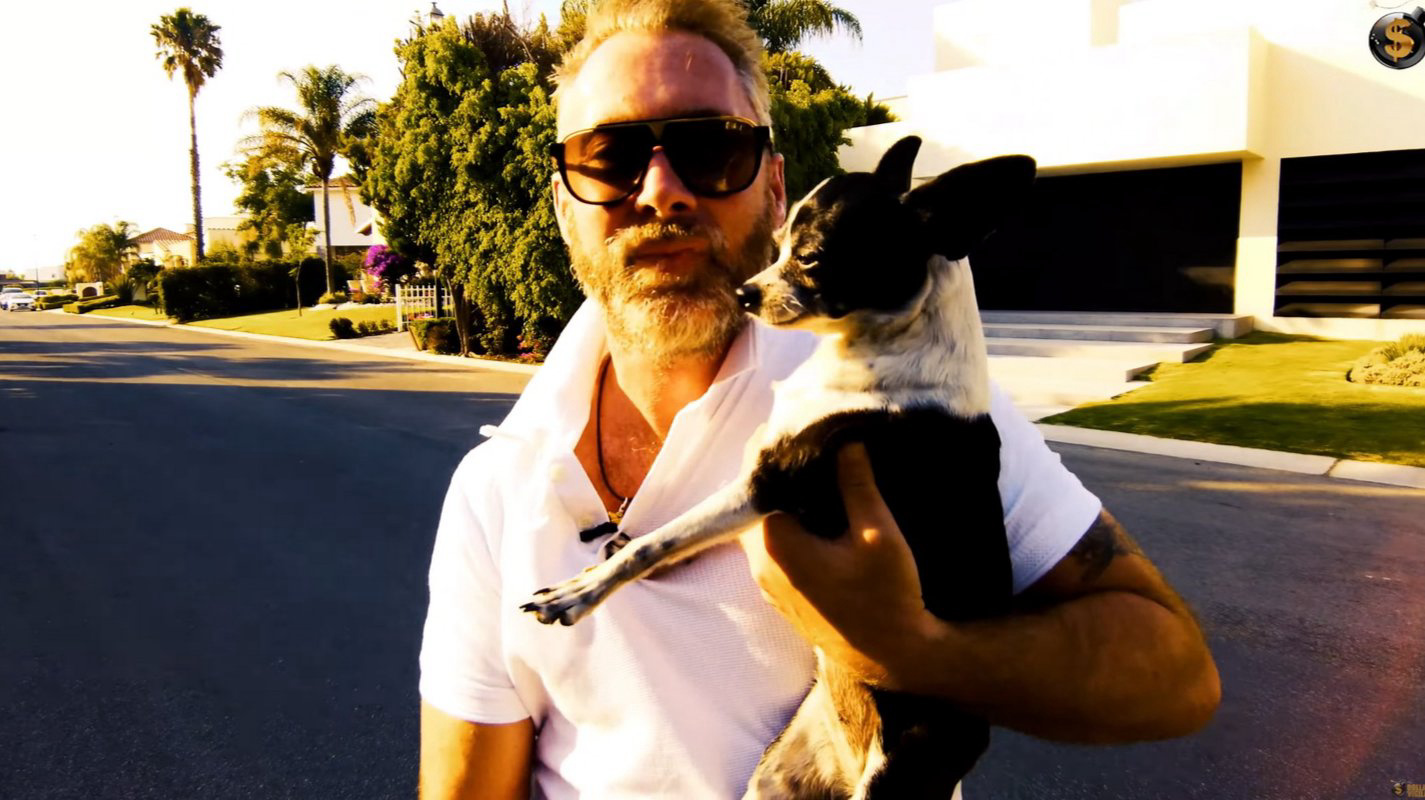

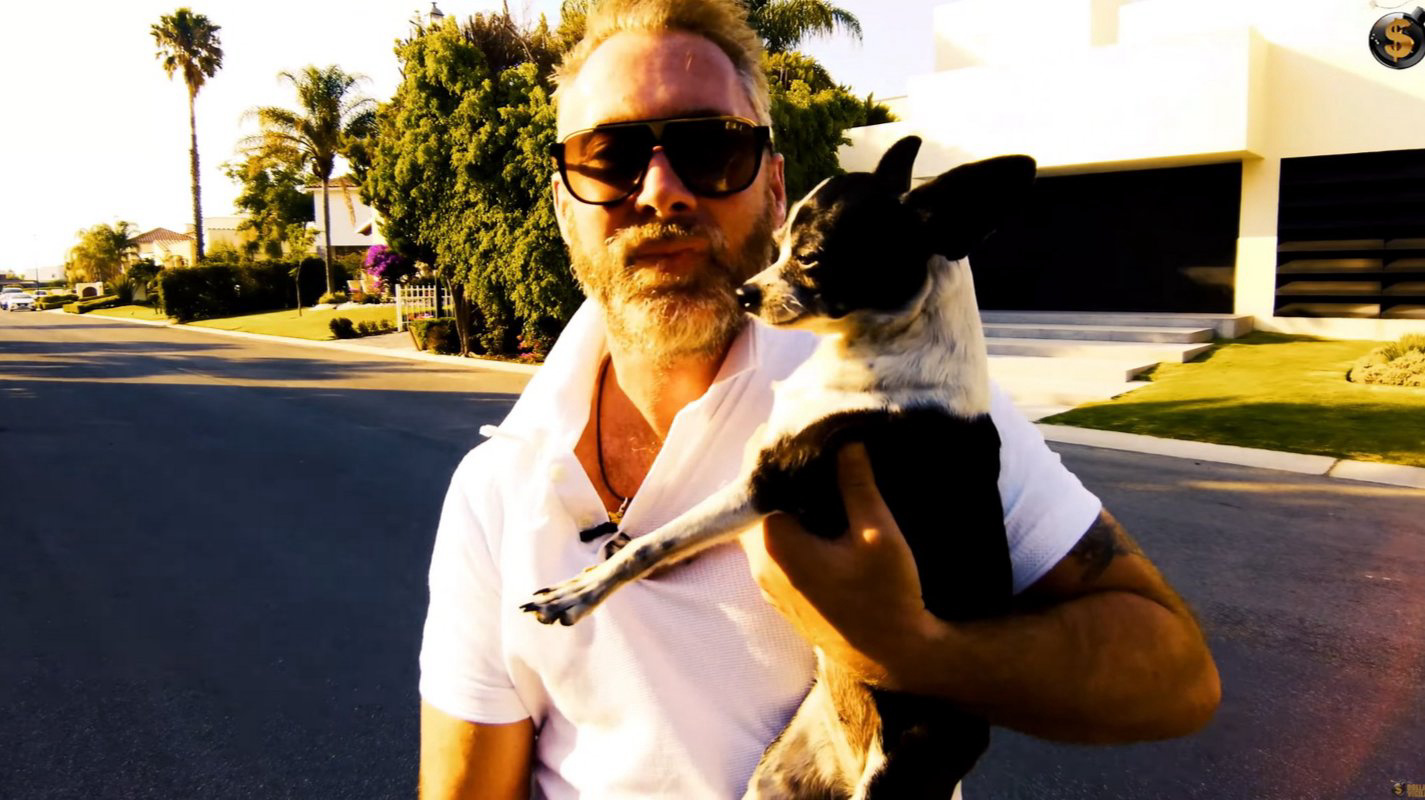

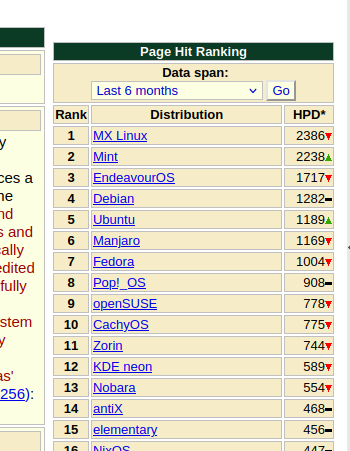
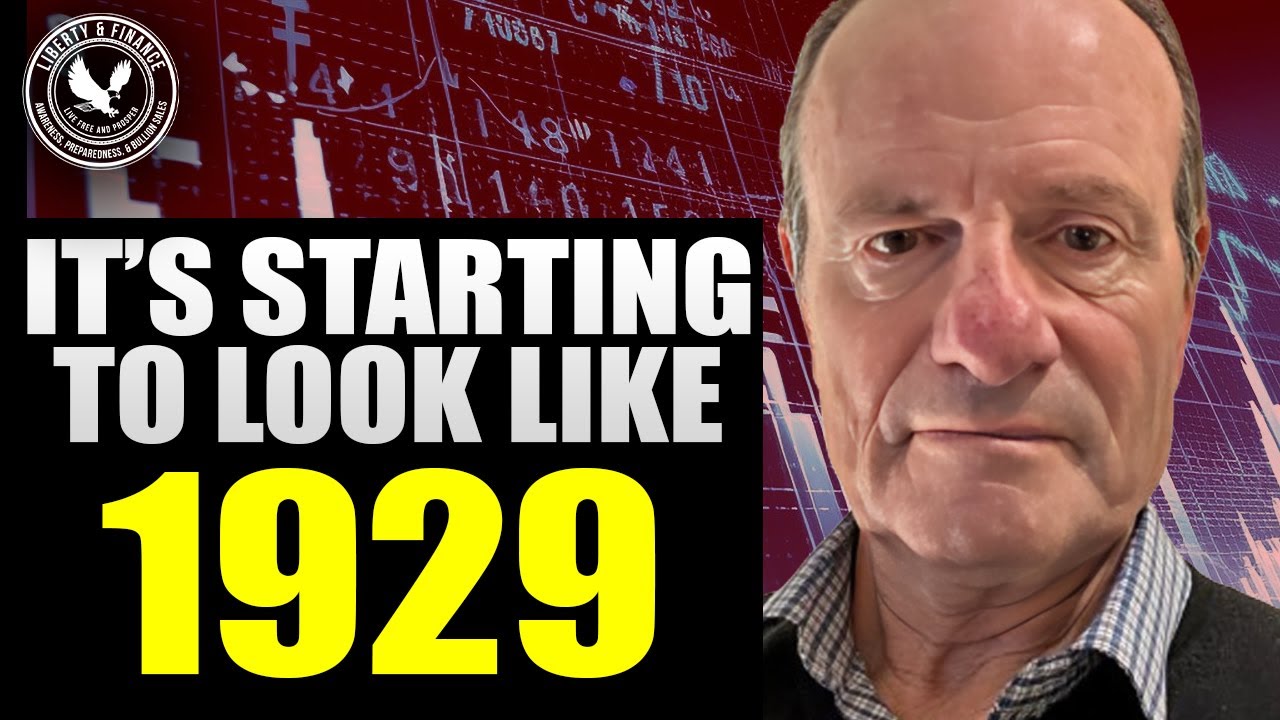


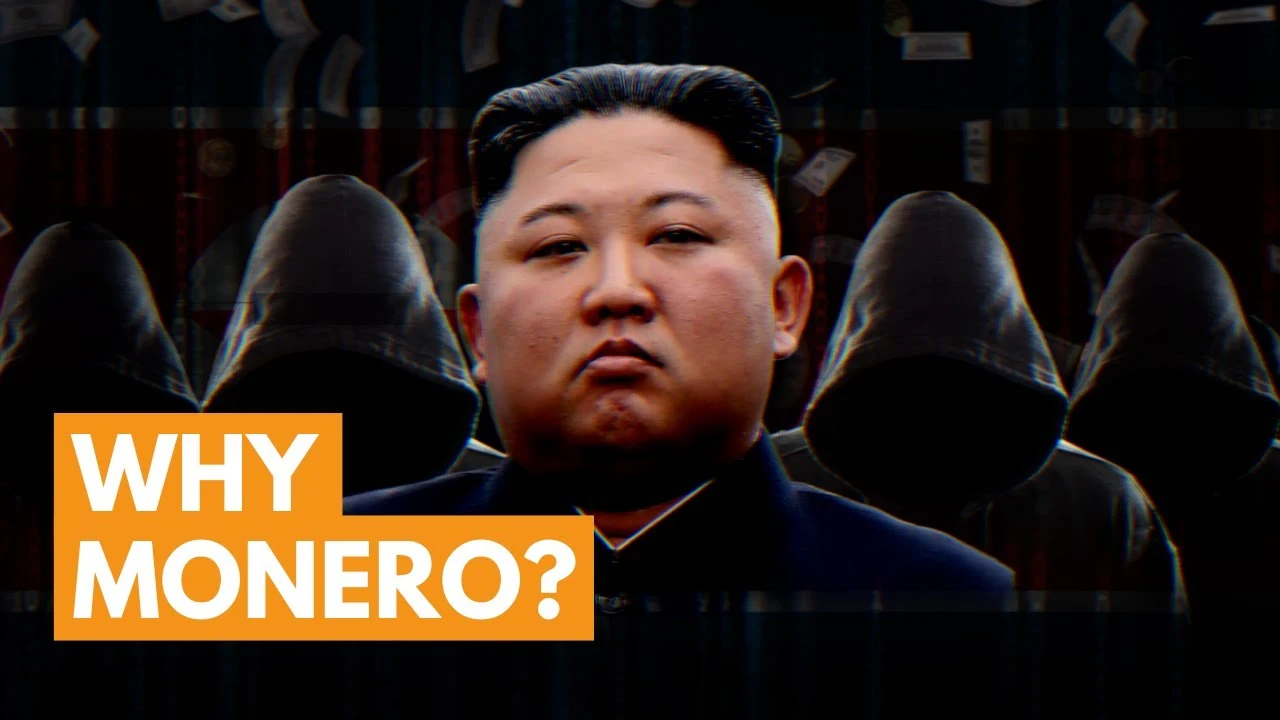
Irem, smart and beautiful.
Love the project, the energy, the direction.